The South Korean government has designated a chip cluster in Yongin, Gyeonggi Province, as a national industrial complex aimed at creating the world's largest chip manufacturing hub by 2030.
The South Korean government has designated a chip cluster in Yongin, Gyeonggi Province, as a national industrial complex, three months ahead of schedule, aiming to create the world's largest chip manufacturing hub by 2030, the Ministry of Land, Infrastructure and Transport (MOLIT) said on December 26.
The shortened time for site selection and industrial park designation reflects the Korean government’s commitment to expedite administrative procedures and ensure construction starts in December 2026, four years earlier than the original June 2030 timeline.
In parallel with the first chip factory coming online in 2030, key infrastructure, including roads, water supply and electricity, will be expanded.
The Korean government also aims to integrate the industrial complex with surrounding residential areas, turning the area into an industry-centric smart city.
Samsung Electronics, the world's largest memory chip maker, currently operates several chip manufacturing facilities in Yongin and the surrounding area, making the area a strategic location for the new complex.
City rival SK hynix has also announced investment plans to build chip manufacturing facilities there.
During a signing ceremony at Samsung's Giheung facility in Gyeonggi Province on December 26, the tech giant officially signed agreements with project implementers and tenants.
The South Korean government also announced a detailed development plan in line with the Yongin national chip industrial complex.
The Yongin National Semiconductor Industrial Complex is a large-scale national strategic project, covering an area of 7.28 million m2 and comprising 6 large-scale manufacturing plants, 3 power plants and more than 60 partner companies for materials, parts and equipment.
When fully completed, the project is expected to attract up to 360 trillion won ($246.4 billion) in private investment, create 1.6 million jobs and generate about 400 trillion won in manufacturing output.
The South Korean government's swift actions underscore the strategic importance of timing in the semiconductor industry, a concept that has been described as "disguised subsidies."
This process streamlining is expected to improve the quality of the industrial complex while meeting tight global production deadlines.
To address the relocation needs of residents and businesses, the Korean government plans to establish a 370,000- square-meter resettlement area and a 500,000-square -meter dedicated industrial park for relocating companies.
Public rental housing will also be provided for tenant households unable to secure resettlement plots, while employment opportunities at the complex will be prioritized for residents.
To facilitate reintegration, displaced residents who choose land-for-land compensation will receive land for neighborhood amenities.
The Korean government has also included plans to develop a 2.28 million square meter residential town with 16,000 housing units, along with parks and other essential amenities to meet the growing needs of the area.
In addition, transport infrastructure will be expanded, including highways and railways, to meet the expected increase in demand by 2030.
The first semiconductor factory in the industrial park is expected to be operational by 2030. The land deals between Korea Land and Housing Corp. and Samsung were formalized at the Dec. 26 event, following a 2022 framework agreement for the Yongin complex.
The agreement details the land purchase terms, payment schedules and investment timelines, paving the way for companies leasing the land to begin their projects.
MOLIT Minister Park Sang Woo hailed the early approval of the Yongin complex as a "great achievement," emphasizing its importance in South Korea's semiconductor history.
“We will make every effort to ensure the rapid development of the Yongin National Semiconductor Industrial Complex, turning it into a national landmark industrial center,” Minister Park said.
Source: https://nhandan.vn/han-quoc-chuan-bi-xay-dung-trung-tam-san-xuat-chip-lon-nhat-the-gioi-post852872.html


![[Photo] Many people in Hanoi welcome Buddha's relics to Quan Su Pagoda](https://vphoto.vietnam.vn/thumb/1200x675/vietnam/resource/IMAGE/2025/5/13/3e93a7303e1d4d98b6a65e64be57e870)



![[Photo] President Luong Cuong awarded the title "Heroic City" to Hai Phong city](https://vphoto.vietnam.vn/thumb/1200x675/vietnam/resource/IMAGE/2025/5/13/d1921aa358994c0f97435a490b3d5065)



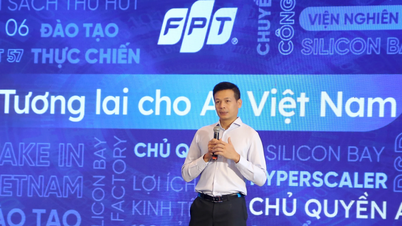









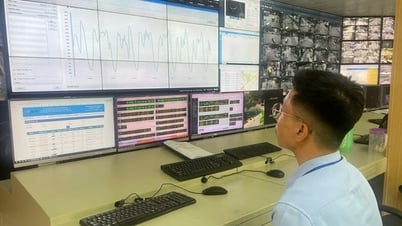





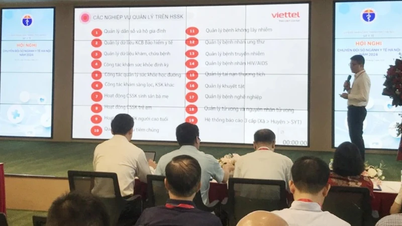
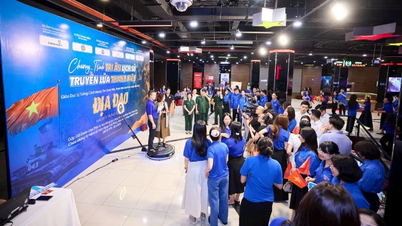

![[Video] Developing Physical Education in Primary Schools in Vietnam](https://vphoto.vietnam.vn/thumb/402x226/vietnam/resource/IMAGE/2025/5/13/781ea31da6c24eaab2162e89e10ddec1)

![[Photo] President Luong Cuong awarded the title "Heroic City" to Hai Phong city](https://vphoto.vietnam.vn/thumb/402x226/vietnam/resource/IMAGE/2025/5/13/d1921aa358994c0f97435a490b3d5065)






























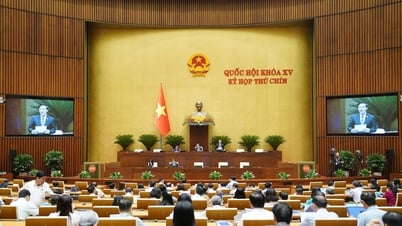



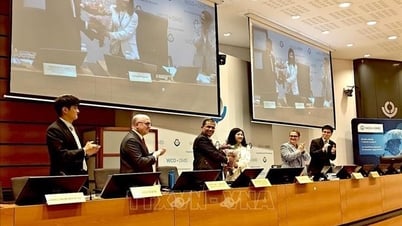



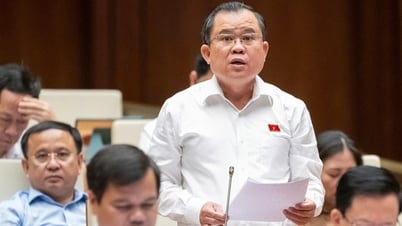








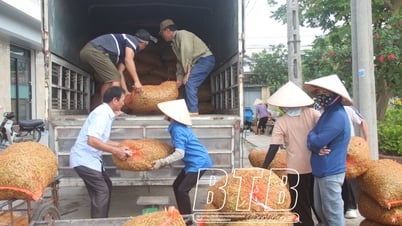

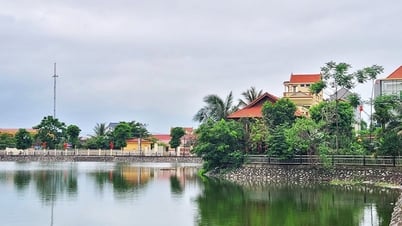



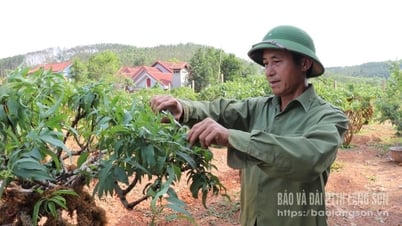

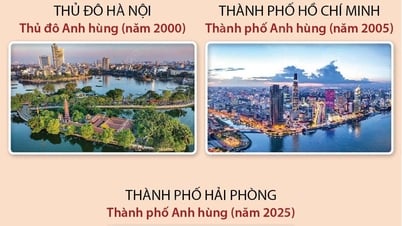












Comment (0)